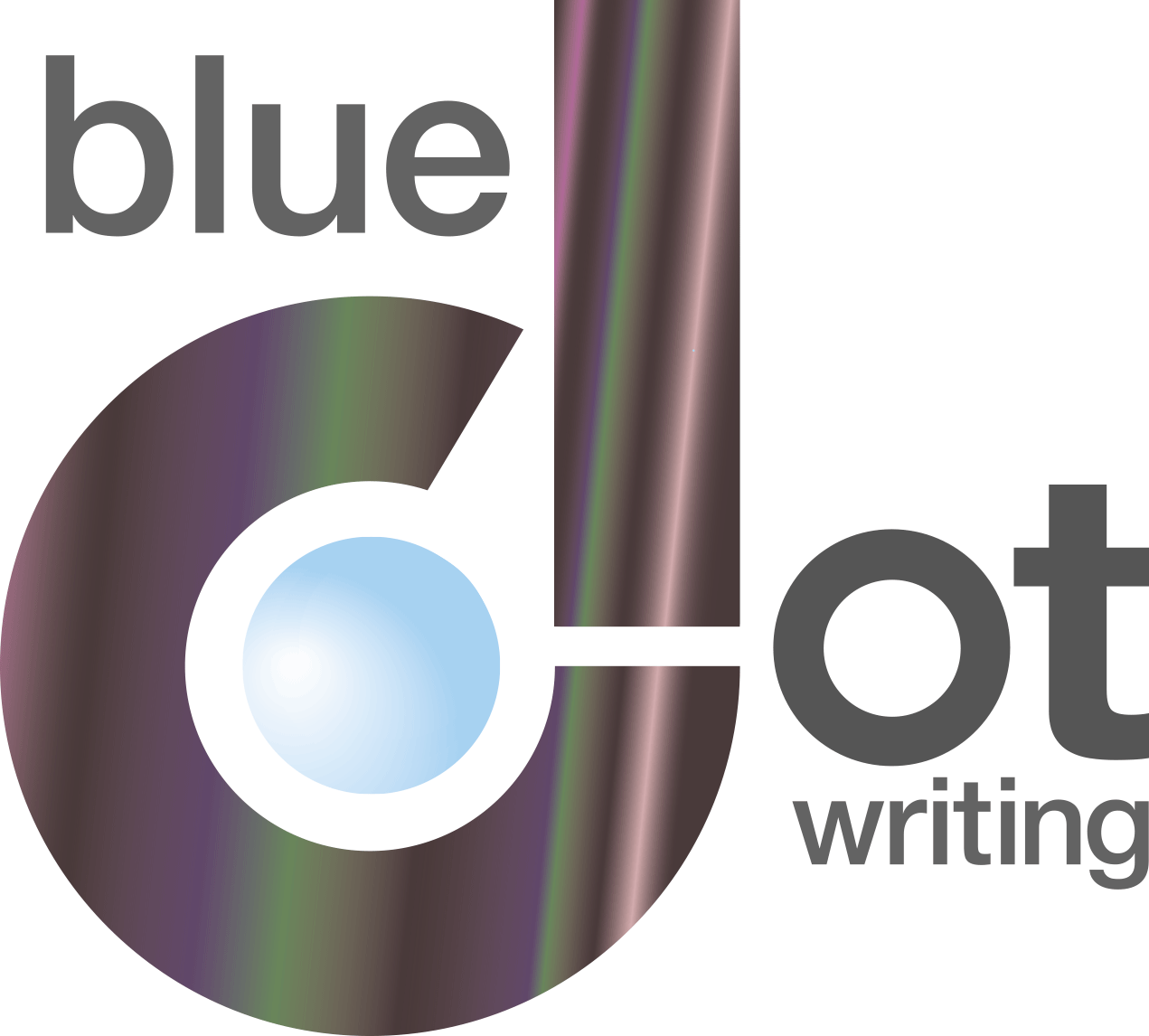“The real problem in speech is not precise language. The problem is clear language. The desire is to have the idea clearly communicated to the other person. It is only necessary to be precise when there is some doubt as to the meaning of a phrase, and then the precision should be put in the place where the doubt exists. It is really quite impossible to say anything with absolute precision, unless that thing is so abstracted from the real world as to not represent any real thing.” -Richard Feynman
The Hollywood stereotype of the socially awkward scientist is generally false and a bit insulting. Nonetheless, scientists are not always great communicators when it comes to sharing their work with others. Spending a lot of time talking to other experts, can make it difficult to turn off the jargon. This can make it hard for scientists to communicate with other scientists outside of their very narrow specialty, let alone with the general public.
There are some brilliant scientists who are also fantastic communicators. They write papers that are clear and interesting, with beautiful full-color figures. They make a point to publish in open-source journals whenever possible, so their papers are freely available, rather than trapped behind a paywall. They have neatly organized websites that list all of their publications with links to full-text pdfs. They do TED talks, give lectures that make people think and laugh, and do interviews that make kids say they want to be scientists when they grow up. They also usually manage to be kind and generous humans, have cool hobbies, be great mentors, have students who adore them, and somehow get at least a few hours of sleep at night. This author has had the great privilege of working with one of these inspiring people (Dr. Lisa Park Boush), and has recently became a little obsessed with another (Dr. Terrie Williams) after doing a writing assignment about her research. However, these magical science unicorns tend to be the exception that proves the rule. The general public would never hear about most scientific research if getting the word out was left entirely to the rest of the normal human scientists.
This is where science writers come in.
How is science writing different from scientific writing?
Science writing is writing about science for a general audience, usually written by a science journalist or freelance science writer. Science writing should not be overly technical, but should still be supported by scientific evidence. Scientific jargon should be clearly defined and used sparingly. The goal of science writing is to clearly convey scientific information and concepts to the general public or to a particular lay audience. This type of writing is typically subjected to a general editorial process and published in magazines, newspapers, and popular science websites and blogs.
Scientific writing is writing by scientists for other scientists. Scientific writing should be technical, formal, and concise. Scientific jargon is not only acceptable, but expected. The goal of scientific writing is to report results and observations, along with the methods used to obtain them, and the conclusions that can be drawn from them. This type of writing is typically subjected to peer review and published in scientific journals.
Why don’t the scientists just communicate with the public themselves?
They often do. There are many scientists who are very dedicated to public outreach. There are many science writers who are former or even current scientists. However, scientists are also busy doing science, and doing the scientific writing that will help them to survive publish or perish job requirements, teaching a full course-load, mentoring student advisees, and writing grants for a rapidly shrinking funding pool. It can be hard to find the time, energy, and willpower to add science writing and outreach on top of all of that.
Communicating with the general public can also just be really hard for scientists. There’s a reason that news anchors are more likely to ask Bill Nye about a science topic than the people actually doing the research. Turning off the jargon is just one problem. There are also emotional and psychological issues at work. People are easily led astray when they are afraid, and nothing scares people like things they don’t understand. If the only resources they can understand are based on misinformation, those are the resources they will believe. Once they become attached to those beliefs, it becomes harder and harder to change their minds, even when presented with facts and evidence. Many scientists are not well equipped to handle this.
Scientists are trained to let evidence speak for itself–that emotions and personal information should be left out of their writing and interpretation of data. To a scientist, nothing is ever really 100% proven. Something is simply the best explanation currently available based on the existing body of evidence. If new evidence is discovered, the old explanation may be thrown out in favor of a new, better supported one. This is great when talking to other scientists, but can make it hard to bridge the gap between the scientific community and the general public. Many a scientist has sat down with the anti-vaxxer parent in their baby group, or their climate-change-denying in-law, and just started spouting facts at them at progressively louder volume, only to be baffled by how this information not only isn’t changing the person’s mind, but actually seems to be having the opposite effect. (Note: scientists are people too, and despite their training, are not immune to this either. The idea that factual correction makes people more entrenched in their beliefs may also be refuted by evidence).
Again, this is where science writers come in.
Why is science writing important?
Science writing uses a different approach to communicating science to the public. While it is true that science writers present scientific evidence and data and explain what it means, the real goal is to explain to the audience why they should care about it. Sometimes, it is enough for the science just to be interesting, but a really good science writer can connect the research to something that affects people on a personal level. When people not only understand scientific information, but actually feel connected to it, even in a very small way, they are more likely to trust scientists.
Now more than ever, science writers have both great power and great responsibility when it comes to positively influencing the way that science is viewed by the public. This isn’t about scientists having self esteem issues. A positive public view of science is critical to science itself and to a well-functioning society. When people trust scientists:
- They are safer from conspiracy theorists and misinformation.
- They use scientific evidence to make informed decisions about their health, families, and lifestyles.
- They are less susceptible to political fear-mongering that leads to bad policy-making.
- They can recognize that scientists share inconvenient truths because they care about the health and well-being of society, not because they enjoy spreading “doom and gloom.”
- That certain societal and lifestyle changes might be difficult and/or expensive, but will ultimately benefit society and protect people from harm.
- That science is important enough to deserve decent funding, even when the science is telling us things we may not like.
Science gets by with a little help from its friends
Science writers are scientists’ biggest allies. Science writing is not an easy job, but it is an important one. Scientists can support science writers by responding promptly to interview requests, and being open to sharing their work, especially if their papers are behind a paywall. The public can support them by reading their work, as well as sharing and talking about it with others. Read about an interesting study lately? Tell your friends and relatives about why it got your attention and why it meant something to you. Ask them to share an interesting piece of science writing with you. Supporting science writing isn’t just good for science writers; it helps promote a positive view of science.
If you are interested in improving your own scientific or science writing, Blue Dot Writing offers a variety of services to help you.

